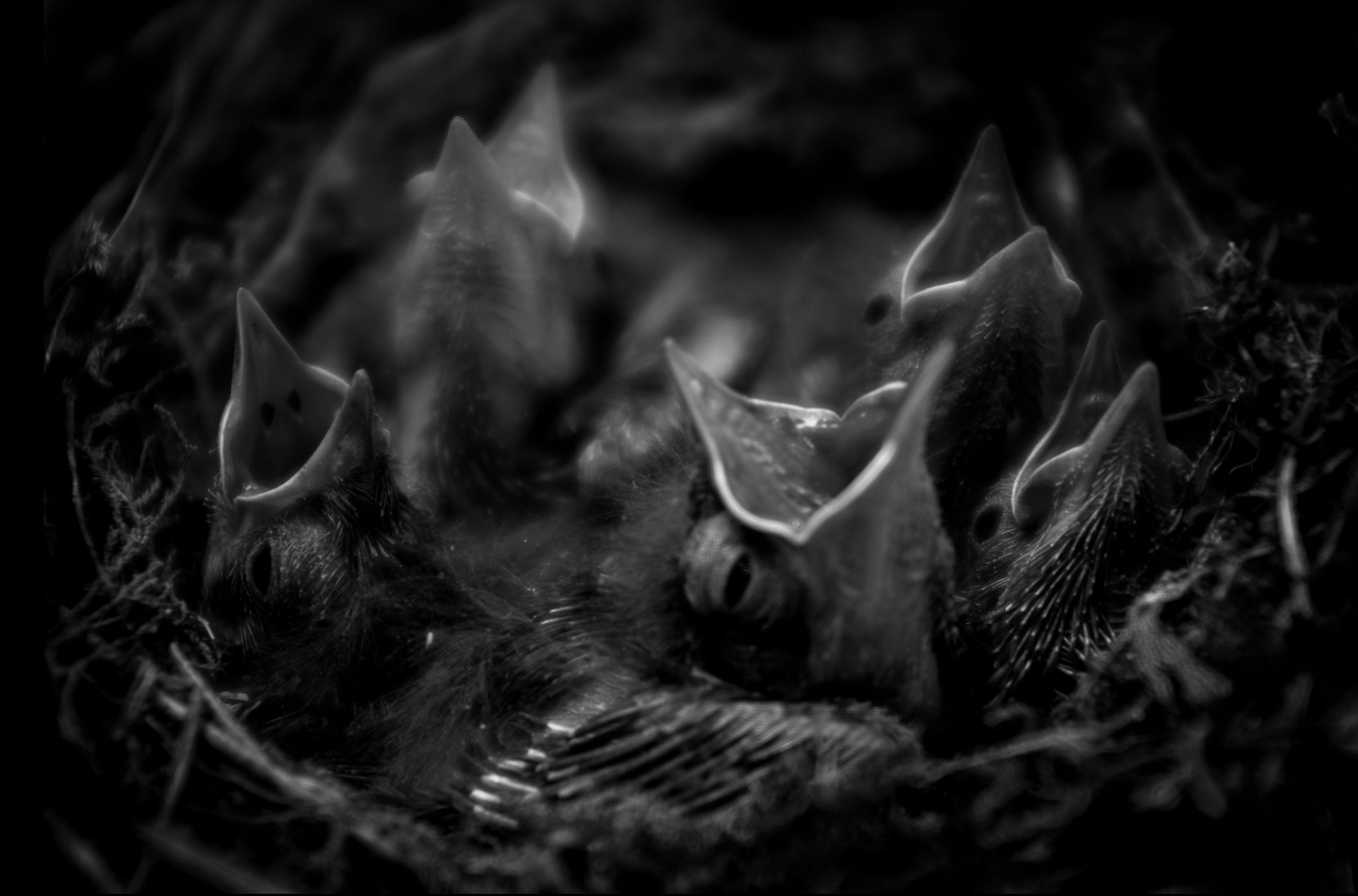This sub-project examines how Armenian artists and cultural workers navigate and respond to the long-standing conflict between Armenia and Azerbaijan over Nagorno-Karabakh. As the geopolitical landscape continuously shifts due to the evolving nature of the conflict, this study prioritizes empirical input to capture the lived realities of artists engaged in this complex socio-political context.
Conducted as an action research, it unfolds as a learning process that bridges theoretical and practical dimensions. It aims to balance artistic and institutional perspectives while embracing both insider and outsider viewpoints. Through this approach, the research not only analyses but actively participates in the evolving discourse on art’s role in conflict transformation.
At the core of this study is the concept of Aesthetic Experience, which serves as a critical framework for understanding how artistic practices function within, respond to, and potentially transform conflict narratives. By engaging in dialogical exchanges with artists, the research seeks to illuminate the ways in which aesthetic practices mediate historical memory, political realities, and aspirations for peace.
